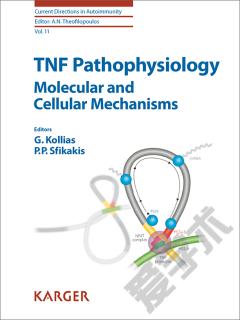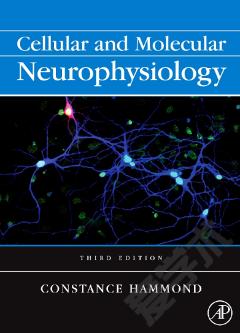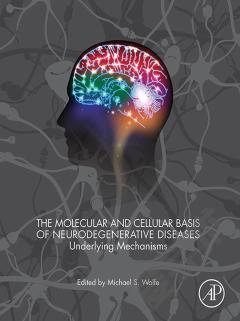TNF Pathophysiology —— Molecular and Cellular Mechanisms
----- 肿瘤坏死因子病理生理学:分子与细胞机制
TNF is a multifunctional proinflammatory cytokine central to the development and homeostasis of the immune system and a regulator of cell activation, differentiation and death. Recent decades have seen an enormous scientific and clinical interest in the function of TNF in physiology and disease. A vast amount of data has been accumulated at the biochemical, molecular and cellular level, establishing TNF as a prototype for in-depth understanding of the physiological and pathogenic functions of cytokines. This volume covers several current aspects of TNF regulation and function, including transcriptional and posttranscriptional control mechanisms, cellular modes of action, signaling networks that mediate its effect, involvement in pathogenesis and clinical outcomes of TNF antagonists. It combines basic science at the molecular and cellular level with research in animal models of disease and clinical findings to provide a comprehensive review of recent developments in TNF biology. A thorough understanding of the mechanisms by which this key molecular player is produced and functions to regulate cell biology, immunity and disease postulates novel paradigms on how genes contribute to the development and physiology of biological systems. This book is mandatory reading for molecular and cell biologists, immunologists and clinicians interested in TNF function.
{{comment.content}}








 京公网安备 11010802027623号
京公网安备 11010802027623号